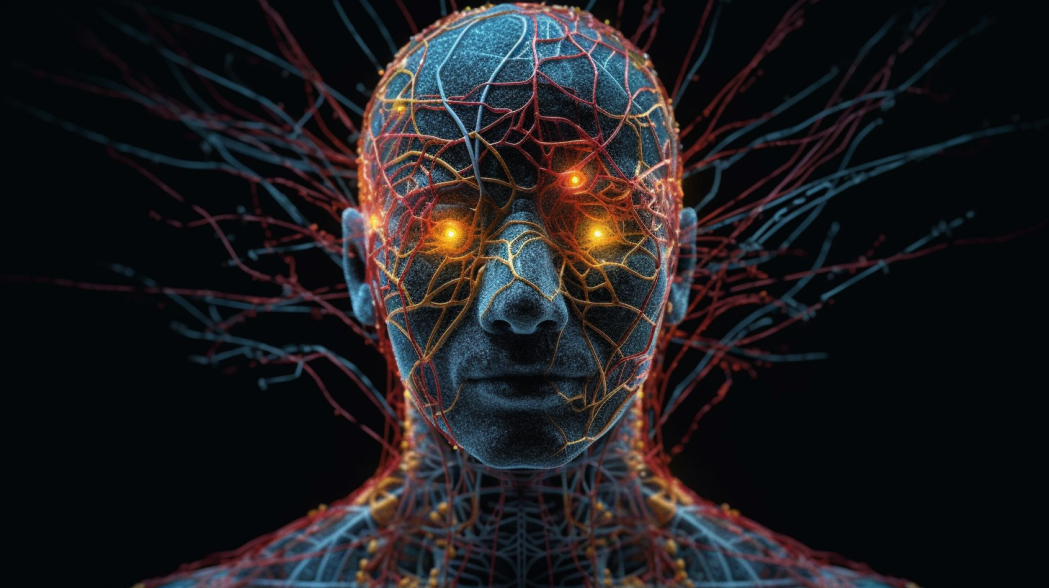A new study reveals a literal linkage of body and mind in the structure of the brain, according to researchers at Washington University School of Medicine in St. Louis. The researchers found that parts of the brain that control movement are plugged into networks involved in thinking, planning, and the control of involuntary bodily functions, such as blood pressure and heartbeat. The findings published in the journal Nature could explain why stimulating the vagus nerve, which regulates internal organ functions, may alleviate depression, and why people who exercise regularly report a more positive outlook on life.
The study’s first author, Evan M. Gordon, explained that calming the body through breathing exercises or other techniques can help calm the mind. Gordon and senior author Nico Dosenbach did not set out to answer philosophical questions about the body-mind relationship but to verify the long-established map of the areas of the brain that control movement. They discovered that the map was not entirely correct and found three areas in the brain’s motor area that did not appear to be involved in movement. The non-movement areas appeared thinner and were connected to other parts of the brain involved in thinking, planning, mental arousal, and control of internal organs and functions such as blood pressure and heart rate.
Dosenbach and Gordon named the newly identified network the Somato (body)-Cognitive (mind) Action Network, or SCAN. The researchers scanned the brains of a newborn, a one-year-old, and a nine-year-old, and also analyzed data previously collected on nine monkeys. The network was not detectable in the newborn but was evident in the one-year-old and nearly adult-like in the nine-year-old. The monkeys had a smaller, more rudimentary system without the extensive connections seen in humans.
The study provides a scientific basis for practices such as meditation and breathing exercises to help calm the mind by calming the body. It also offers insight into the mind-body relationship, which has been the subject of philosophical debates for centuries. While the researchers did not set out to answer philosophical questions, their findings may prompt new discussions and insights into the nature of the human mind and body.
Source: Neuroscience News
